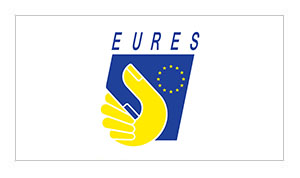The main trade unions, including the GWU, and employers’ associations to union representation in the workplace.
The social partners called for ensuring the stability of industrial relations at the local level, through respect for the rights of unions with a majority presence in workplaces and those in the minority. This appeal was made by the main trade union in Malta and the employers’ organizations – the General Workers’ Union (GWU), UHM Voice of the Workers, For.U.M, Malta Confederation of Trade Unions, Malta Confederation of Employers, Chamber of Commerce, Chamber of SMEs and Malta Hotel and Restaurant Association.
In a statement, they noted that a fundamental principle of industrial relations is freedom of association, whereby any worker may join a union of his or her choice, regardless of whether the same union is in the majority or whether it is in the minority as a representative body but taking into account the rights of a majority union and a minority union. The statement goes on to say, “The right of any employee to join or be represented or assisted by a union of his or her choice shall not be limited in any way.”
In some companies, unions may make up a majority of employees, in others, only a minority. “Nevertheless, the law provides that a minority union may represent members only on an individual basis and that collective issues may be discussed by a majority union. In addition, Article 5 of Legal Notice 413 of the Regulations for the Recognition of a Union clearly states that once a union is recognized as the only union that engages in collective bargaining, no other union can collectively intervene in any matter that employees may have with their employer. In addition, Article 5 states that no employer may speak to any union other than the recognized union about collective matters of the employees. The Declaration states that this principle is also included in a number of collective agreements and is crucial to harmonious industrial relations, even when employees and members belong to different unions.
The statement goes on to say that in some cases a majority union may choose to bargain with the involvement of a minority union while retaining recognition. “A minority union has the right to represent and support individual members, but cannot discuss collective matters on behalf of a group of employees or an occupational group. That responsibility rests with the recognized union representing the majority of employees. Any decision by a court that unnecessarily changes this situation will lead to a labour dispute between the workers, the unions and even between the unions and the employer.”
The social partners therefore stressed that such a situation must be avoided at all costs in the interests of workers, workers’ representatives and employers. They concluded by stating that “economic stability depends on a harmonious working environment.”







